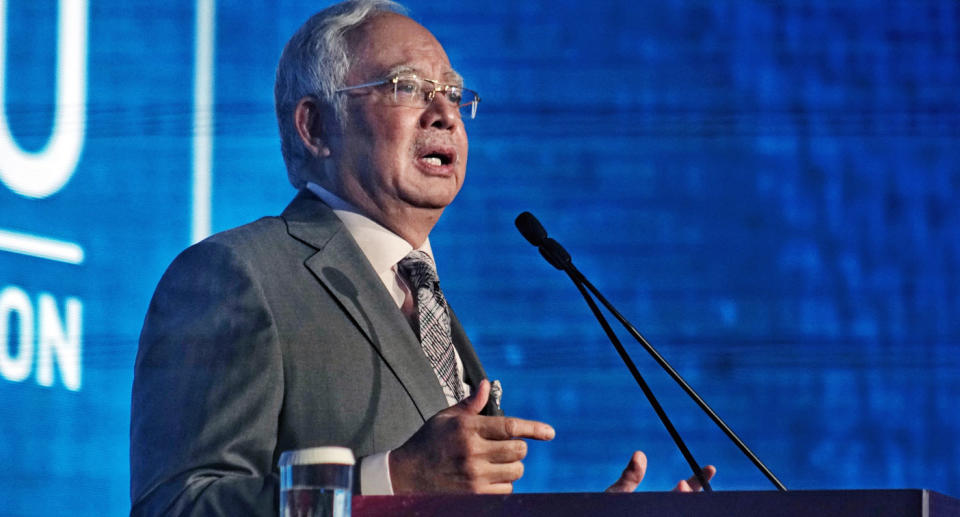Rising Wages Could Deliver Malaysia's Premier Another Term

By Chong Pooi Koon
Malaysia’s Prime Minister Najib Razak heads into a challenging general election in the next few months with a trump card up his sleeve: rising wages.
Wages in the private sector increased 6.3 percent in the fourth quarter from a year earlier, after gaining 7.5 percent in the previous three months, according to data from the central bank. Wage growth could remain relatively strong in the coming quarters due to a robust economy, said Chia Shuhui, senior analyst at BMI Research in Singapore.
Workers in the manufacturing industry are getting some of the biggest increases with wages rising more than 9 percent every month since April. The premier has also given bonuses to civil servants and retirees in the latest budget.
“More money in the pocket of consumers will end up being better for the incumbent government,” said Ibrahim Suffian, an analyst at the Merdeka Center for Opinion Research in Kuala Lumpur. “It certainly will help them keep existing voters on their side.”
Malaysia’s economic recovery strengthens Najib’s position as he seeks to retain his power in a general election that must be held by August. The jobless rate held at 3.3 percent in December, matching the lowest since 2015. Gross domestic product increased 5.9 percent in 2017, the fastest pace in three years.
Salaries in services and manufacturing are estimated to expand at a rate of mid-single digit in the coming quarters, with skilled workers getting bigger pay increases because of a shortage of professionals in some industries, said Julia Goh, an economist at United Overseas Bank Ltd. in Kuala Lumpur.
Speculation about the timing of the vote has gone into overdrive in recent weeks, with the police saying that overseas travel for all its personnel has been frozen through May in preparation for the elections, the Star newspaper reported last week.
“This ushers in a euphoric sentiment which usually favors the incumbent party,” said Oh Ei Sun, principal adviser to the Pacific Research Centre in Malaysia in Kuala Lumpur. “But questions remain as to how appreciable an effect it would have on urban voters who hold a more critical view of the government.”
To contact the reporter on this story: Chong Pooi Koon in Kuala Lumpur at pchong17@bloomberg.net
To contact the editors responsible for this story: Yudith Ho at yho35@bloomberg.net; Nasreen Seria at nseria@bloomberg.net; Karl Lester M. Yap
© 2018 Bloomberg L.P

 Yahoo Finance
Yahoo Finance 